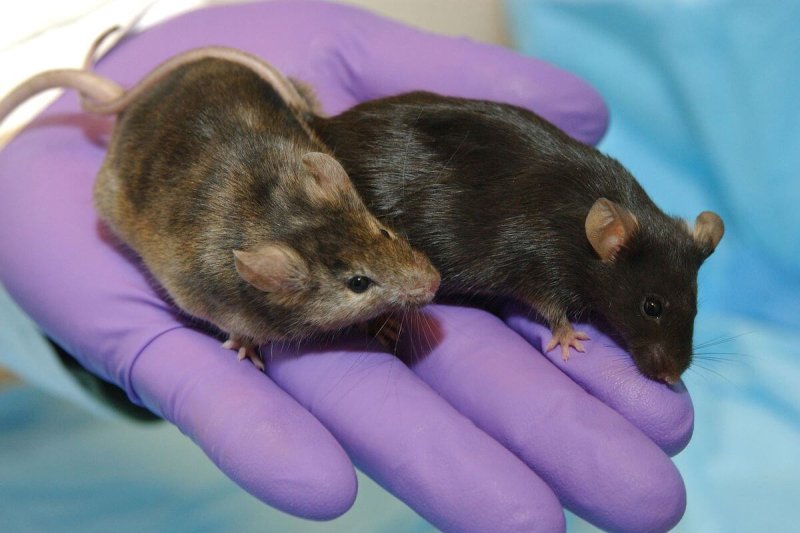In 2011, Annaliese Beery and Irving Zucker of the University of California, Berkeley, analyzed biomedical literature and reported that studies using only male animals were far more common than studies of only females in eight of 10 disciplines they included, and few studies used both sexes. Several years later, the National Institutes of Health (NIH), in an attempt to rectify this imbalance, rolled out a policy change requiring funded projects to consider sex as a biological variable.
A study published in eLife [June 8] examines whether that change in NIH policy, implemented in 2016, has been effective. The authors’ survey of papers published in 34 biology journals in 2019 finds improvement in female representation since the previous study, which examined papers published in 2009. Overall, the proportion rose from 28 percent to 49 percent of studies.
…
But the authors report there’s room for improvement in the proportion of studies that analyze results for differences based on sex. Of the studies that included both sexes, just 42 percent analyzed data by sex in 2019, compared with 50 percent in 2009.
…
“If females are included but sex is not used as a variable in the analysis (or sex differences are not examined before males and females are pooled), not only do we miss the opportunity to understand when sex differences are or are not occurring, we lessen our ability to find effects of the other variables under investigation,” [Beery said.]































